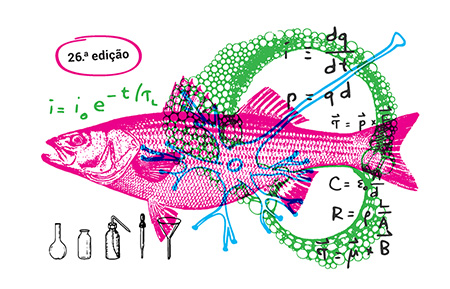INTERNSHIP LIST
Description: Much is said about populism these days, but there are still many unanswered questions, among which remains to be clarified the deep relationship that exists between populism and emotions. What emotions lead people to identify with and support political parties and phenomena defined as populist? How do these emotions - positive and negative - influence political behavior? In what ways does populism have a greater capacity to move emotions with respect to other political parties and phenomena? These and many more questions will shape the internship activities.
In order to understand the relationship between emotions and populism, we divided the five-day internship into three phases with a mix of theoretical, practical, and empirical activities.
First, we will discuss in general what populism is, focusing in more detail on the aspects that will be of most interest during the internship. We will look at how populism appeals to the use of positive and negative emotions, and also address the role of emotions in the democratic arena in a broad way. This moment marks the beginning of a discussion among the participants to determine questions and stimulate the search for answers in the next part of the internship.
In a second moment, internship participants will be able to choose among a set of methodologies to capture the feelings of people in Coimbra and predict potential political behavior regarding attitudes, including populist ones. From the analysis of publications on social networks, comment boxes, media analysis, to interviews or short surveys among the population of Coimbra, among others.
In a third moment, the participants will have the opportunity to interpret the data collected and produce communication materials with the results and conclusions for a general audience. These materials will be publicly released at the end of the internship in a public event at CES, and a copy of each will be given to each participant.
Observações: Much is said about populism these days, but there are still many unanswered questions, among which remains to be clarified the deep relationship that exists between populism and emotions. What emotions lead people to identify with and support political parties and phenomena defined as populist? How do these emotions - positive and negative - influence political behavior? In what ways does populism have a greater capacity to move emotions with respect to other political parties and phenomena? These and many more questions will shape the internship activities.
This internship provides accommodation for displaced students
This internship provides lunches
1st Day of the Internship
Meeting place: Centro de Estudos Sociais (CES) Alta – Colégio de S. Jerónimo Largo D. Dinis Apartado 3087 3000-995 Coimbra, Portugal Time: 10h
Person to contact: Manuel João Cruz
Internship Closed


